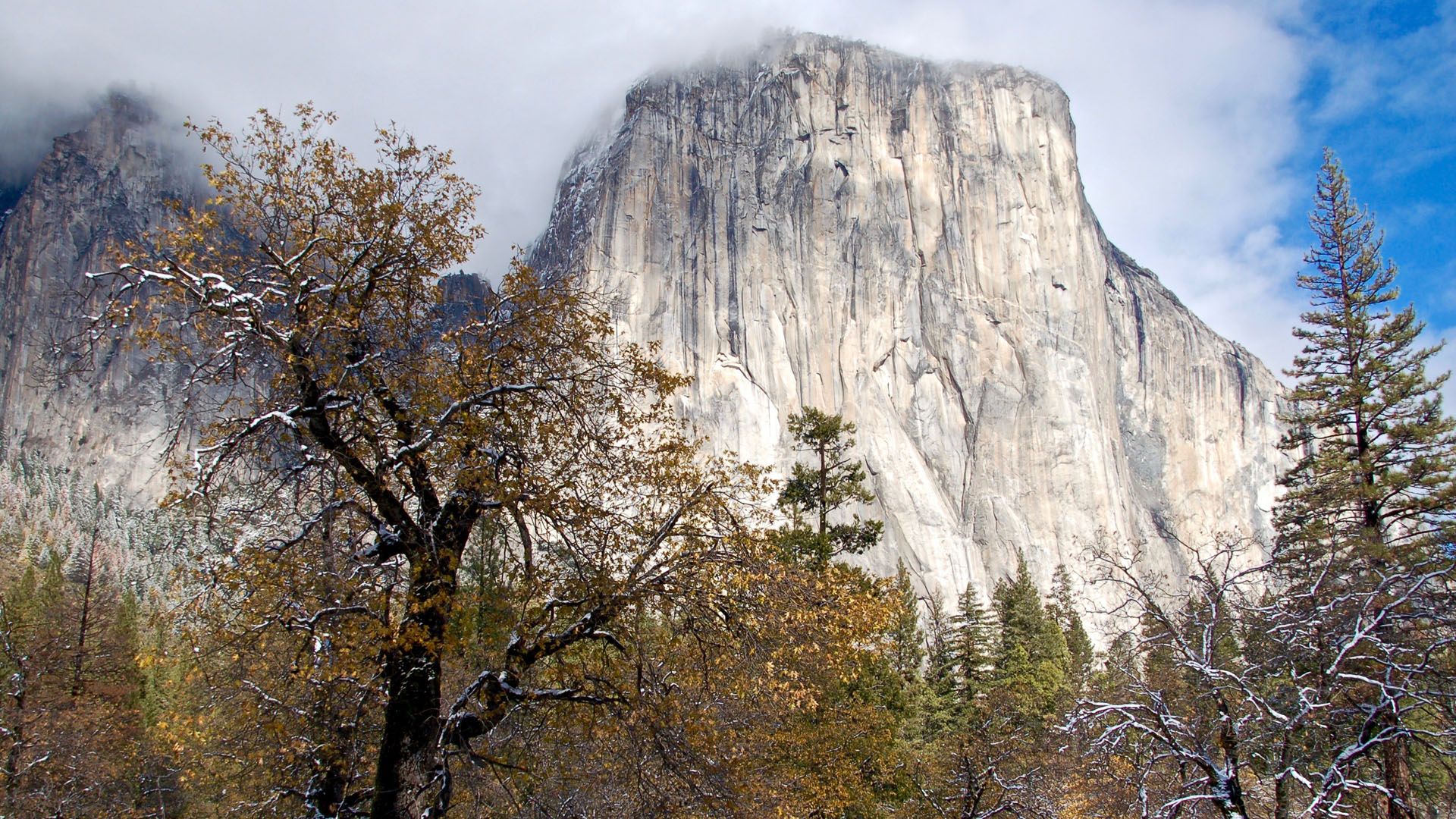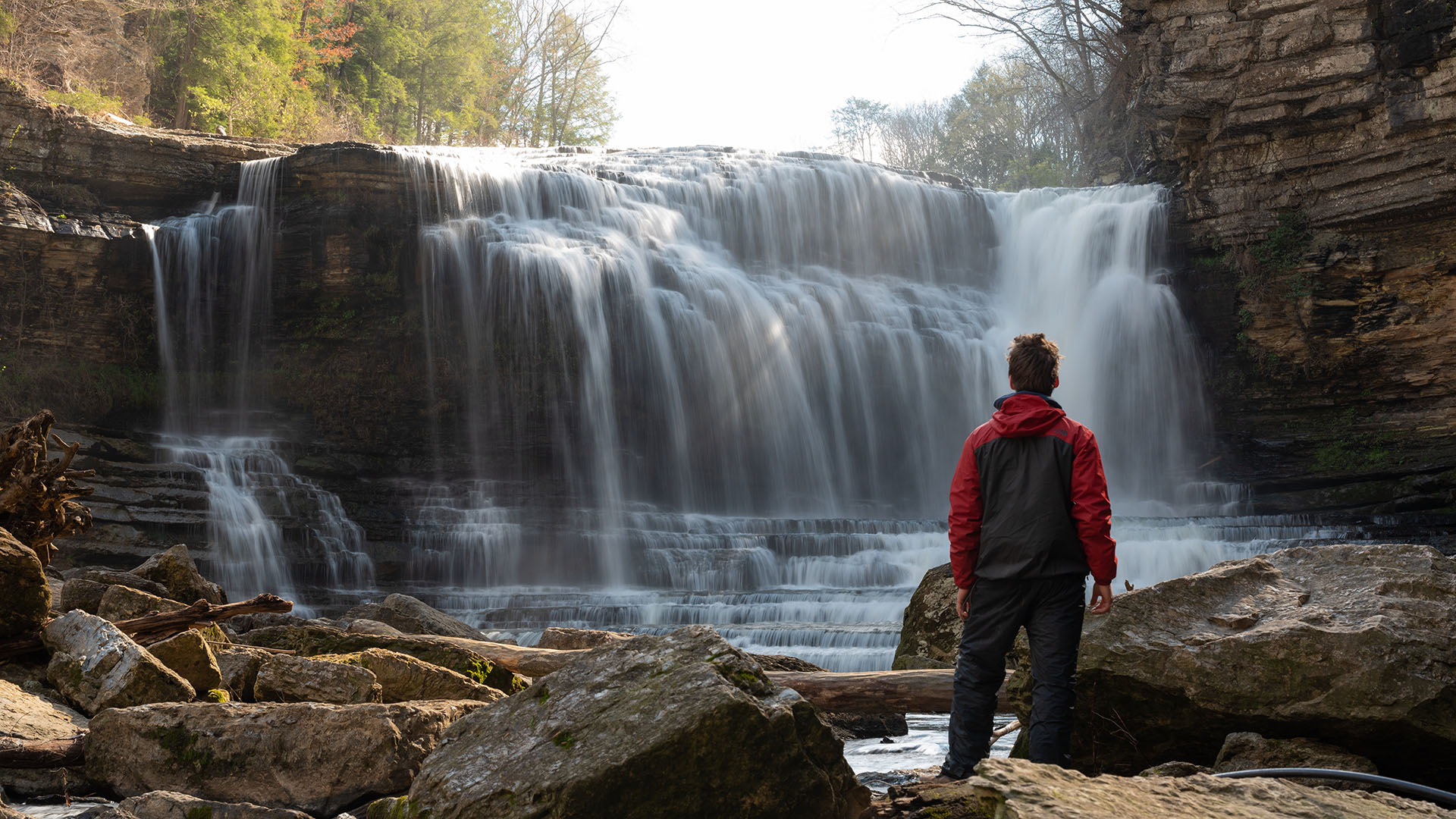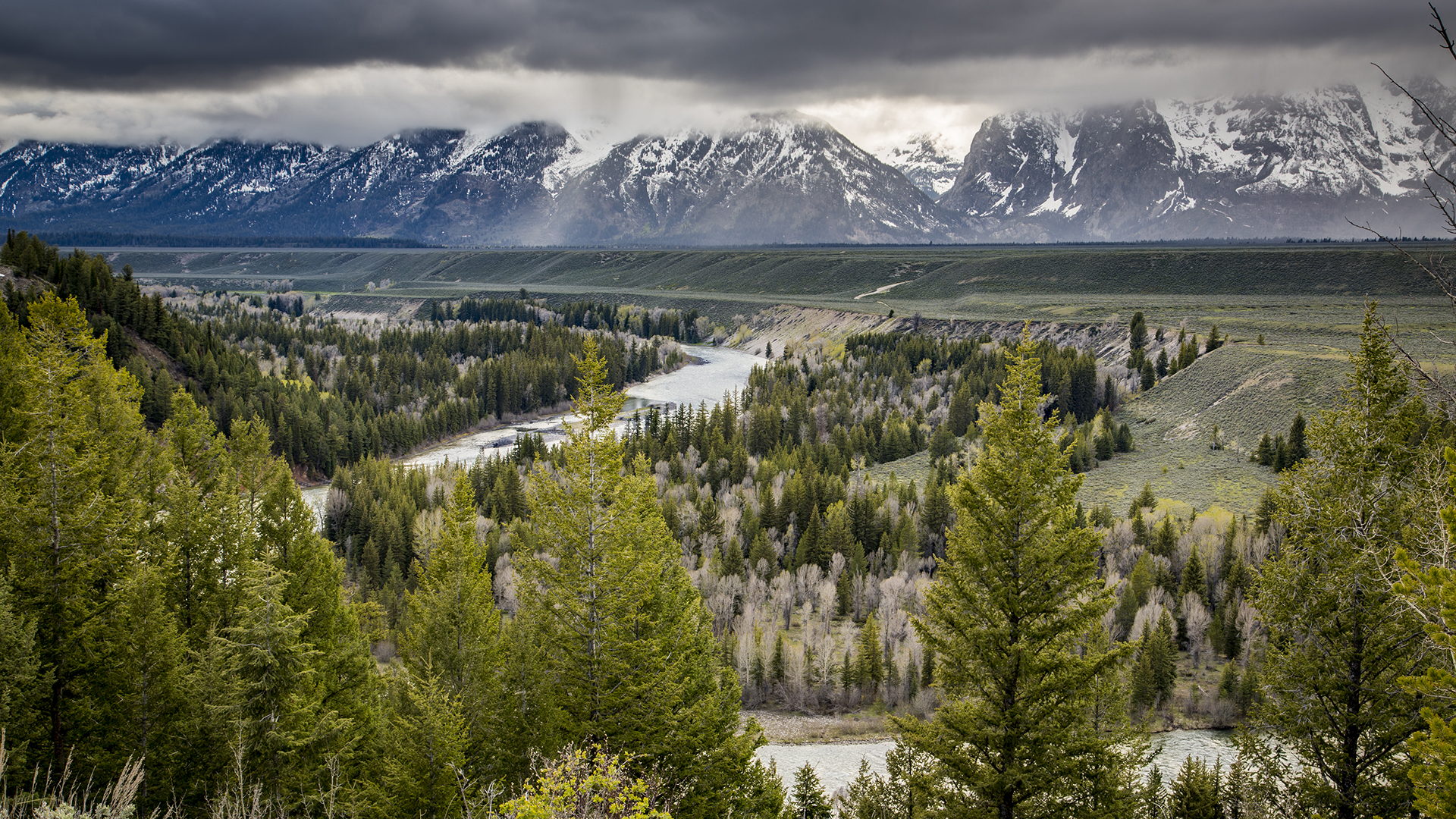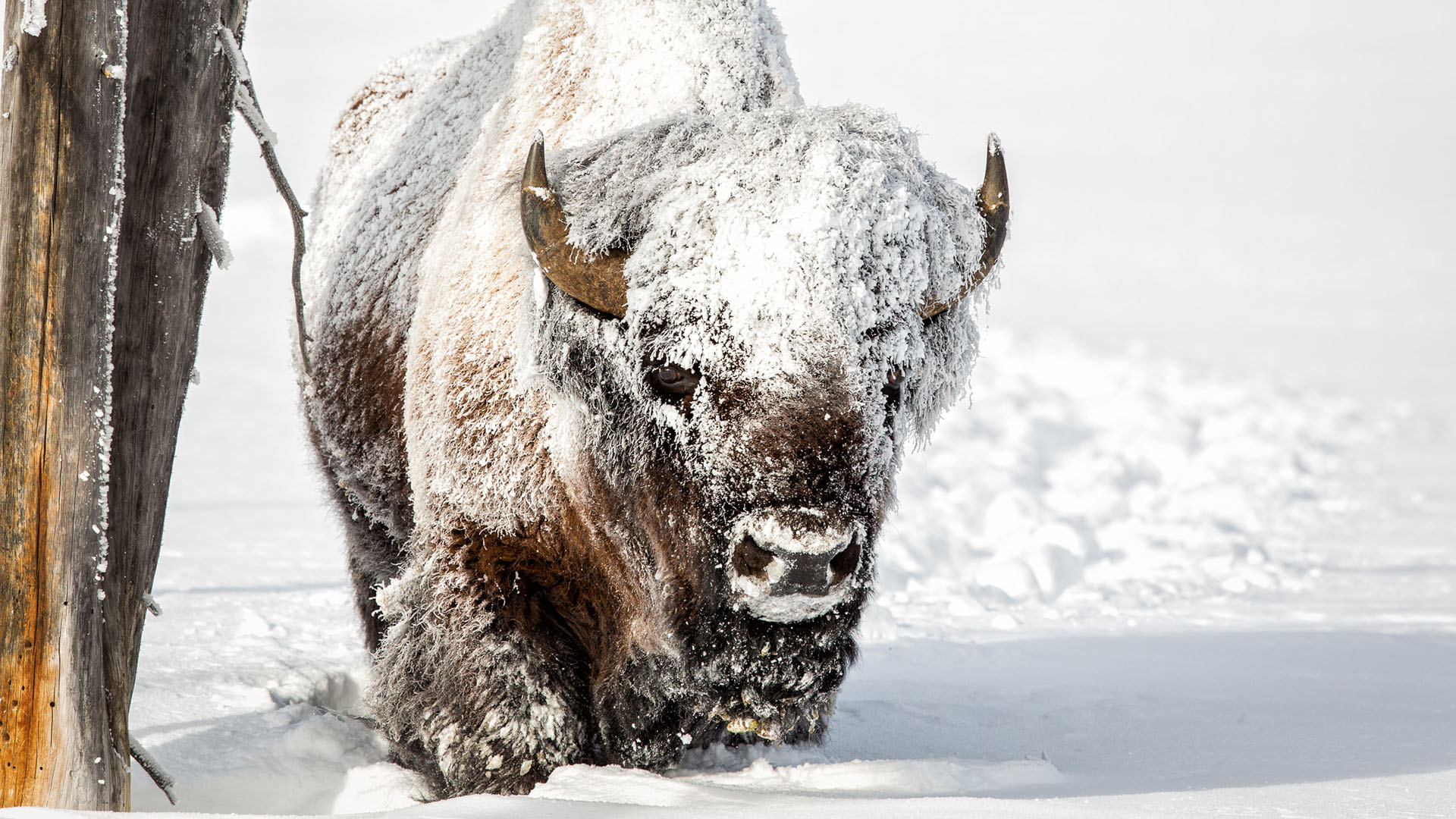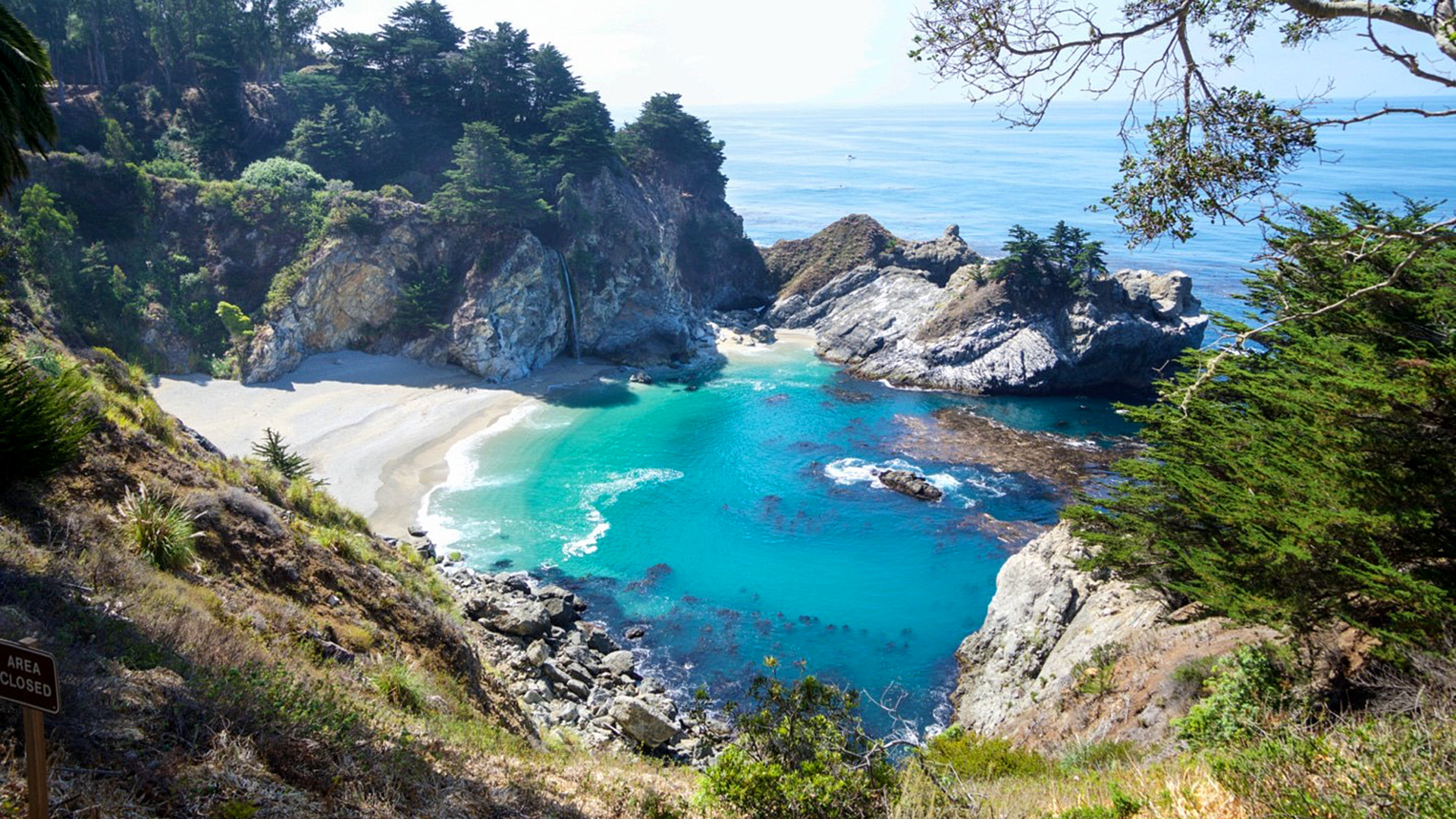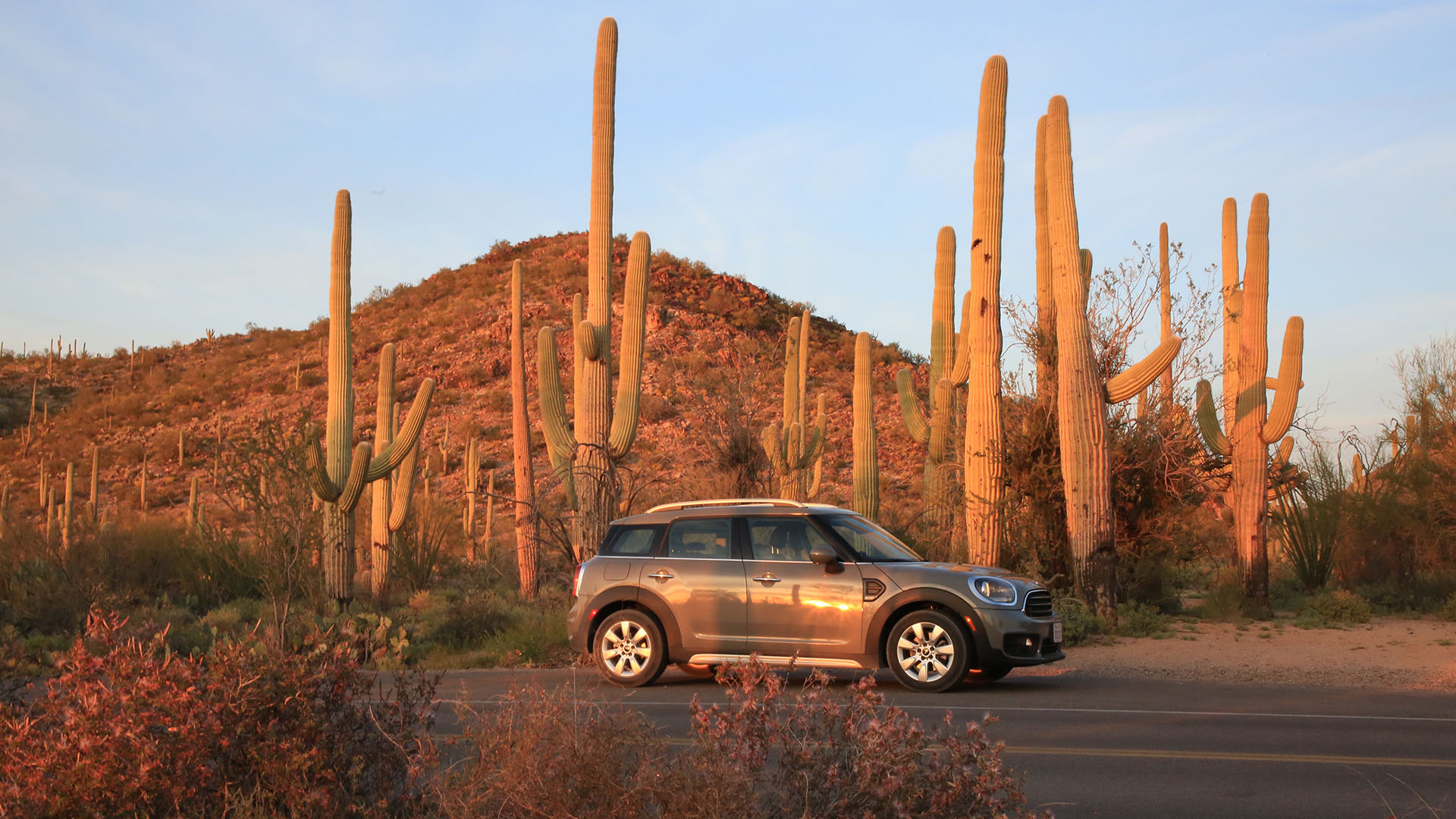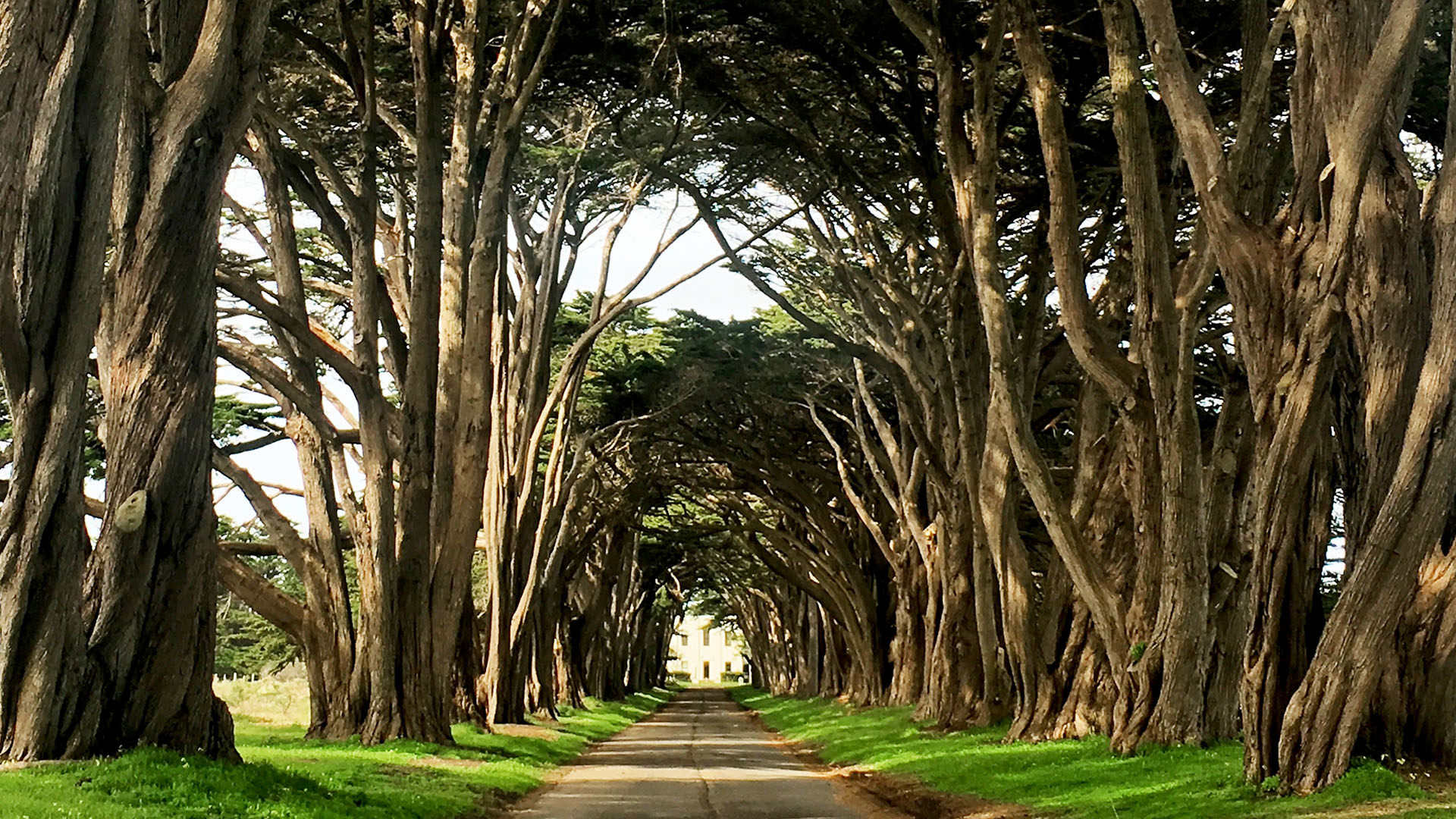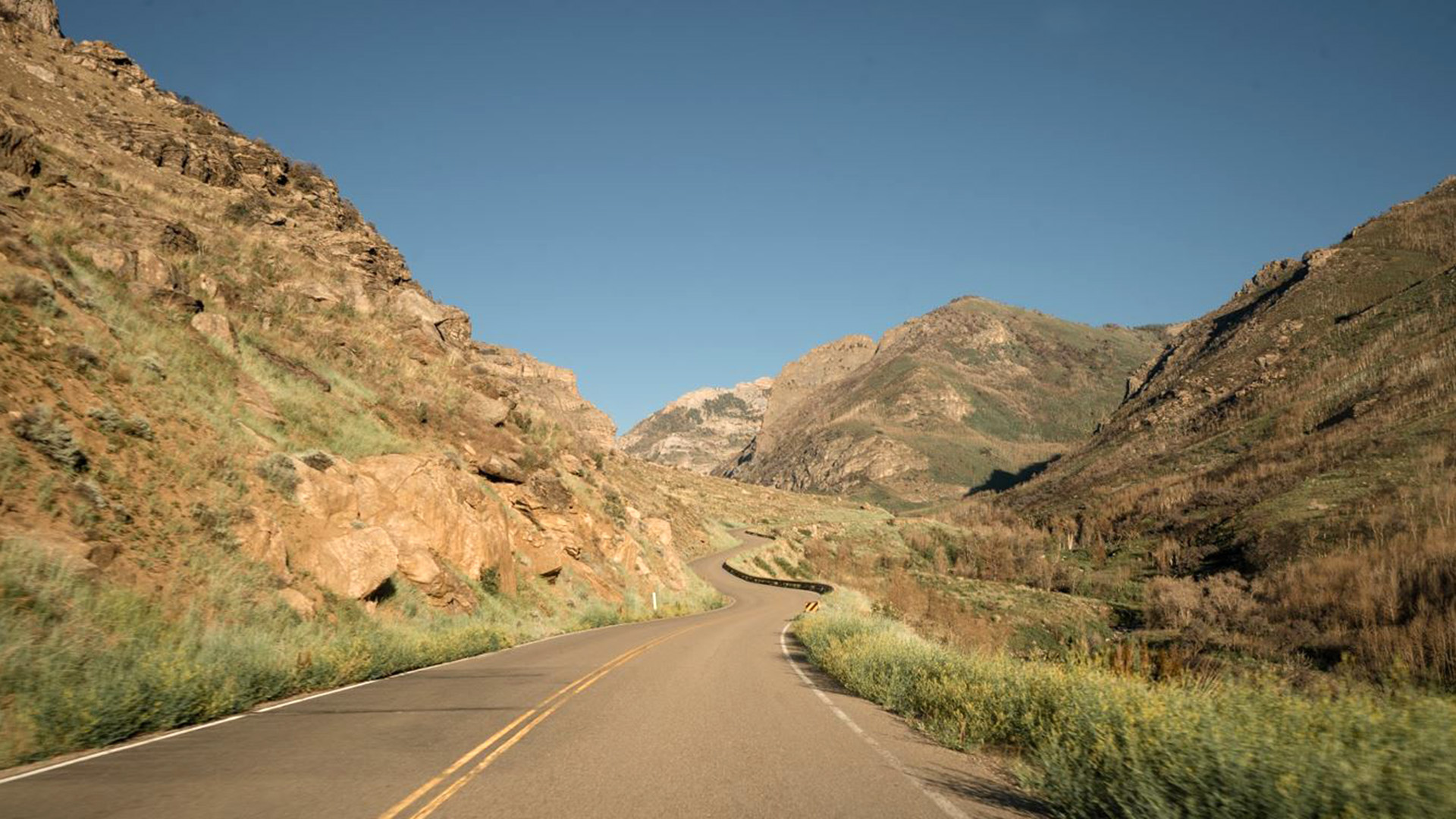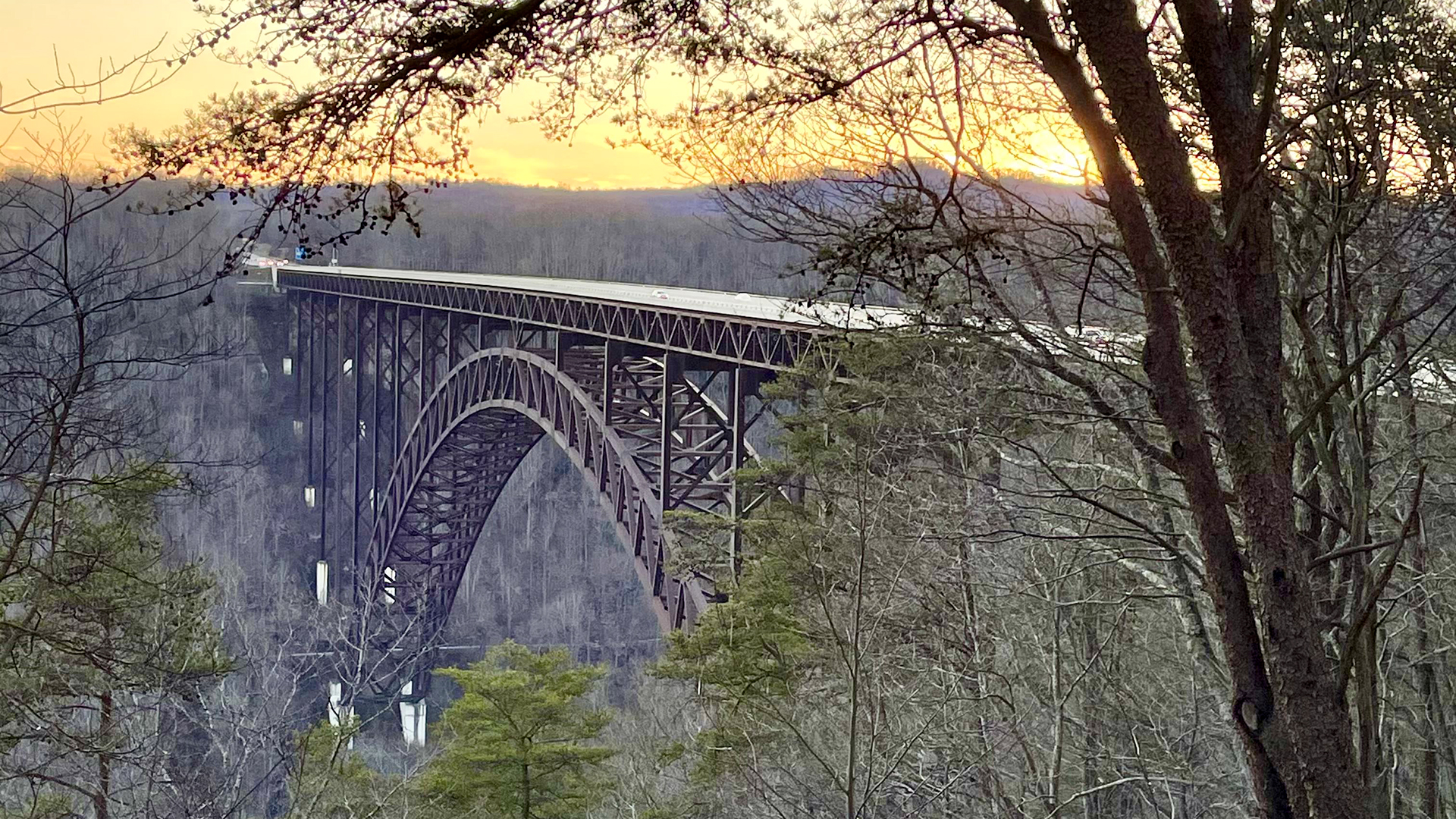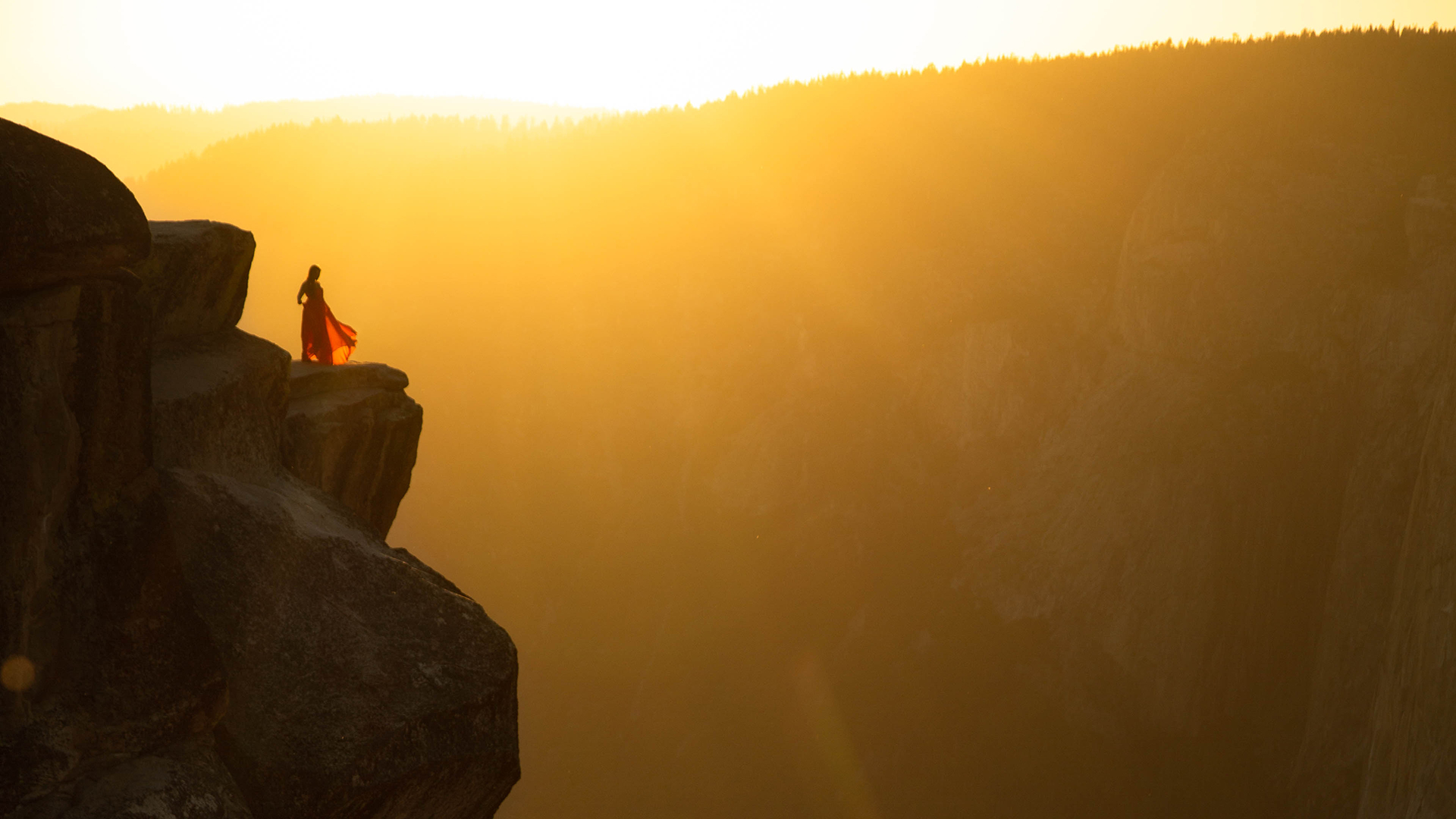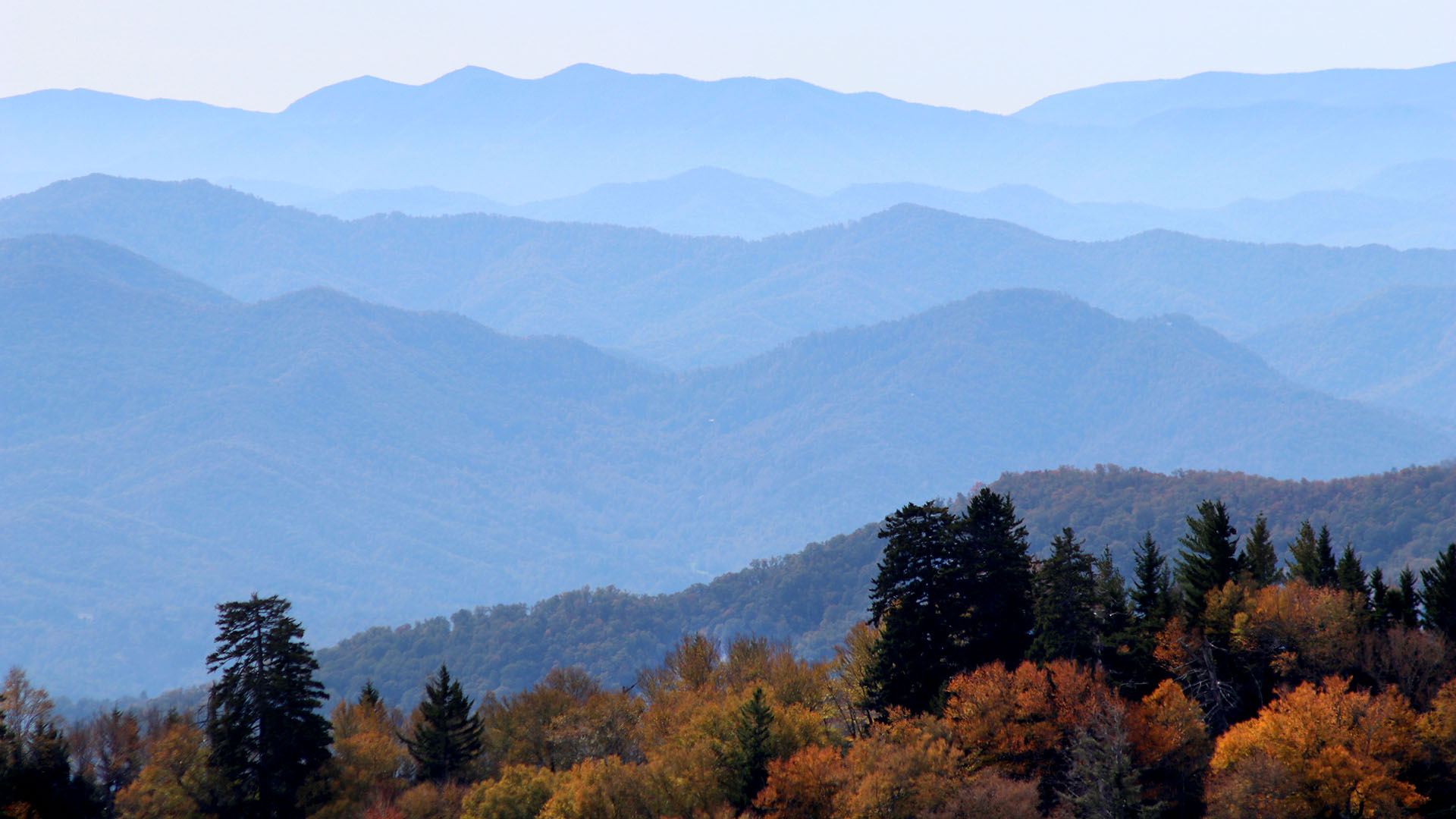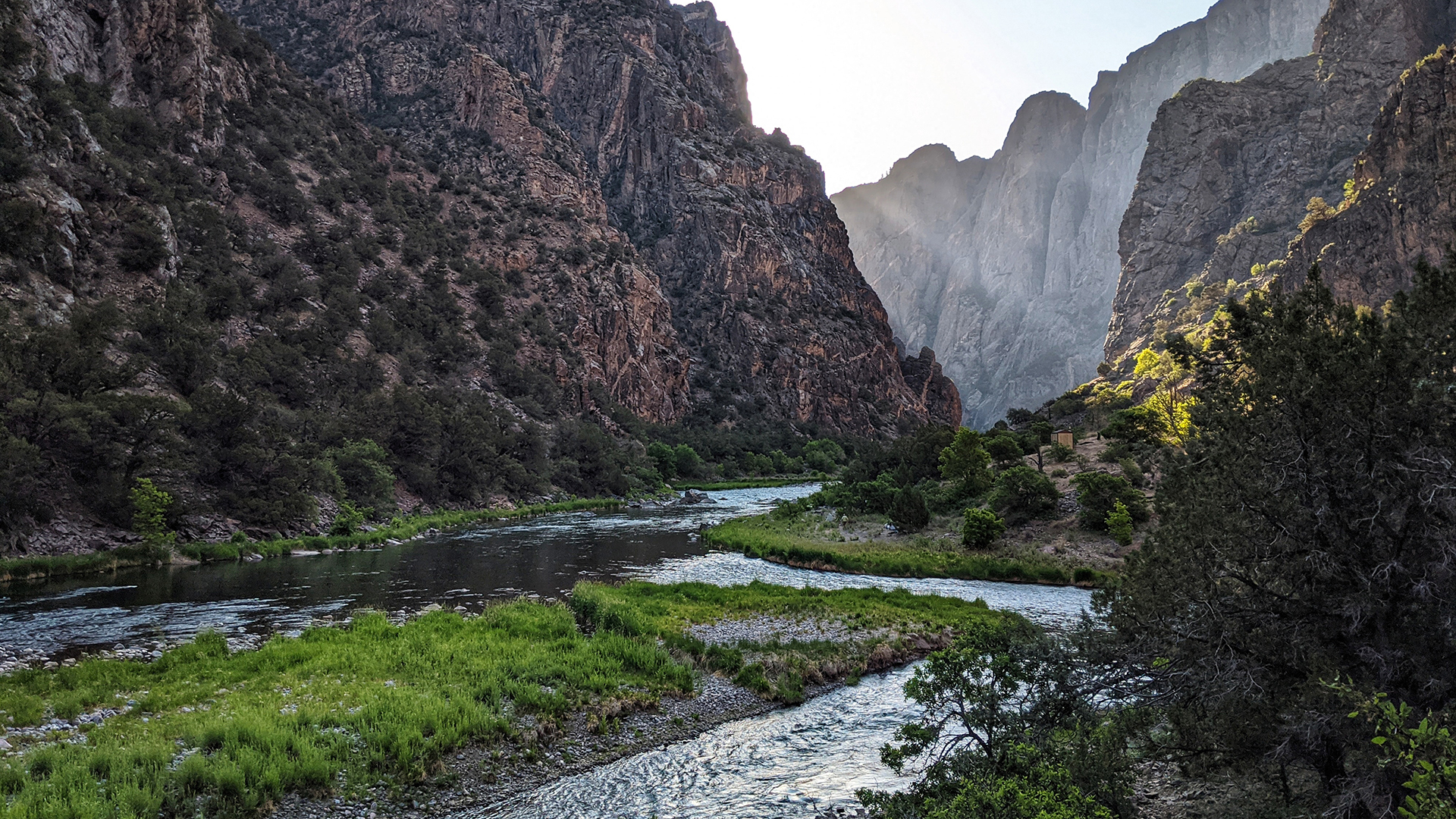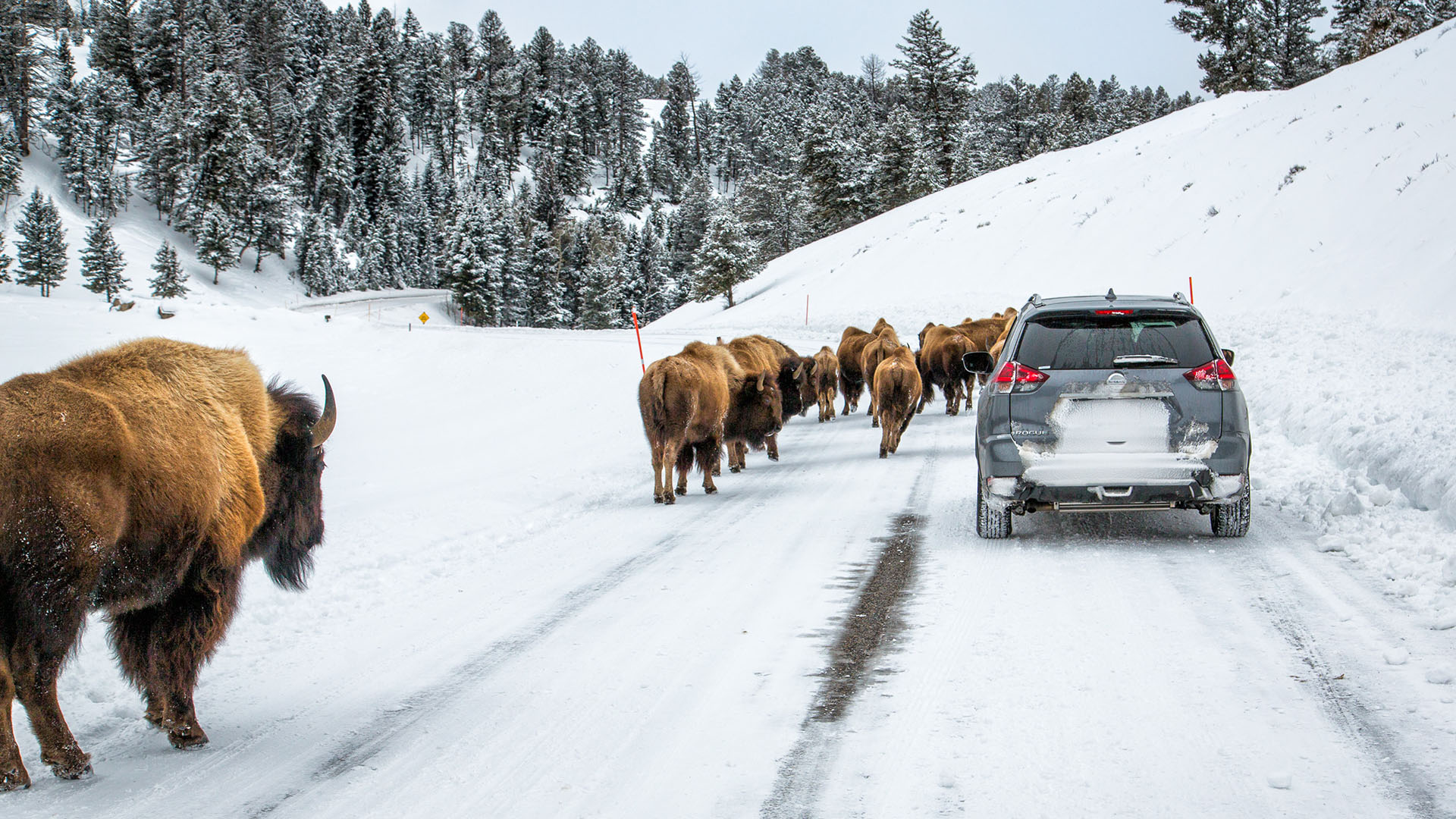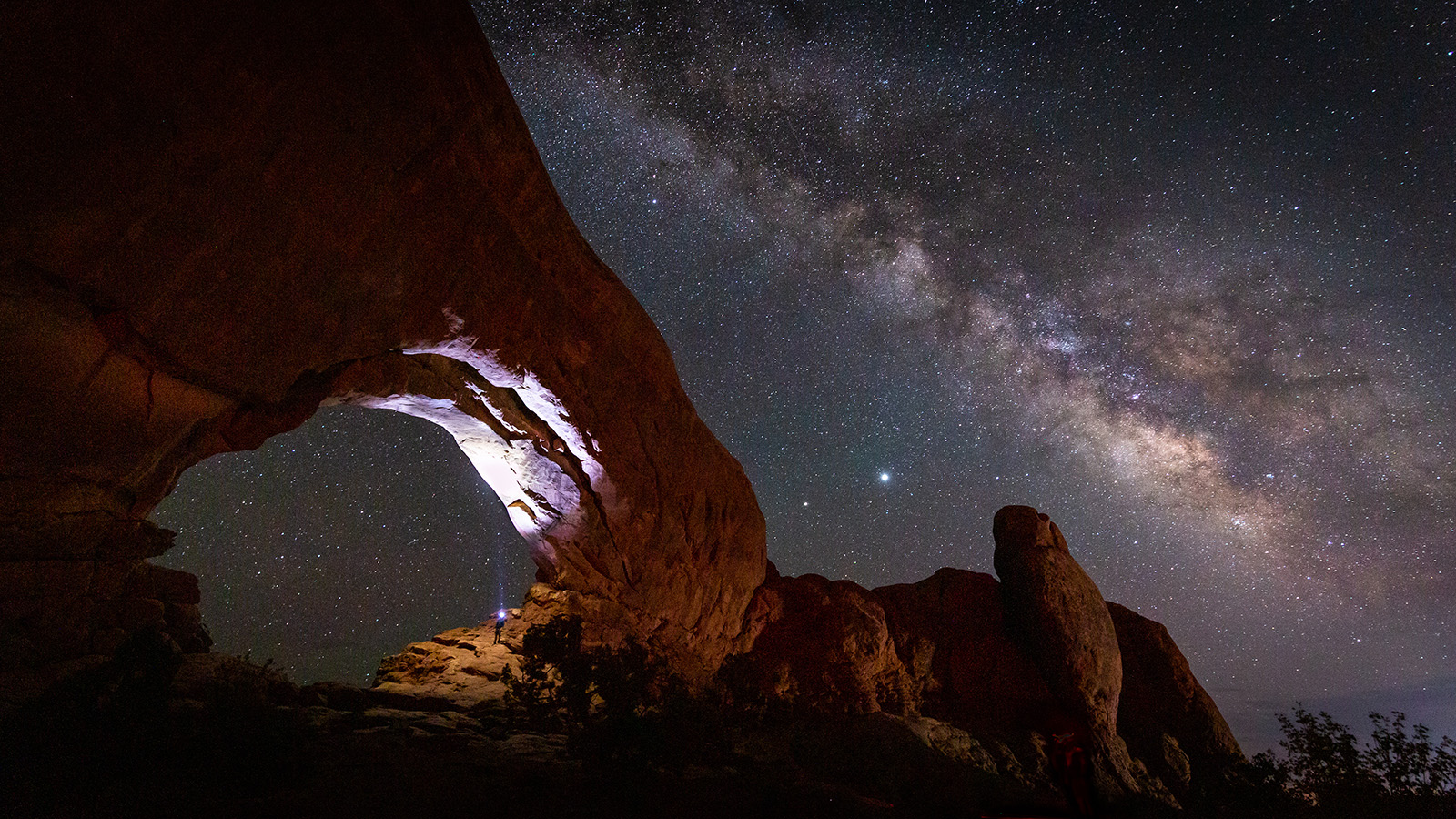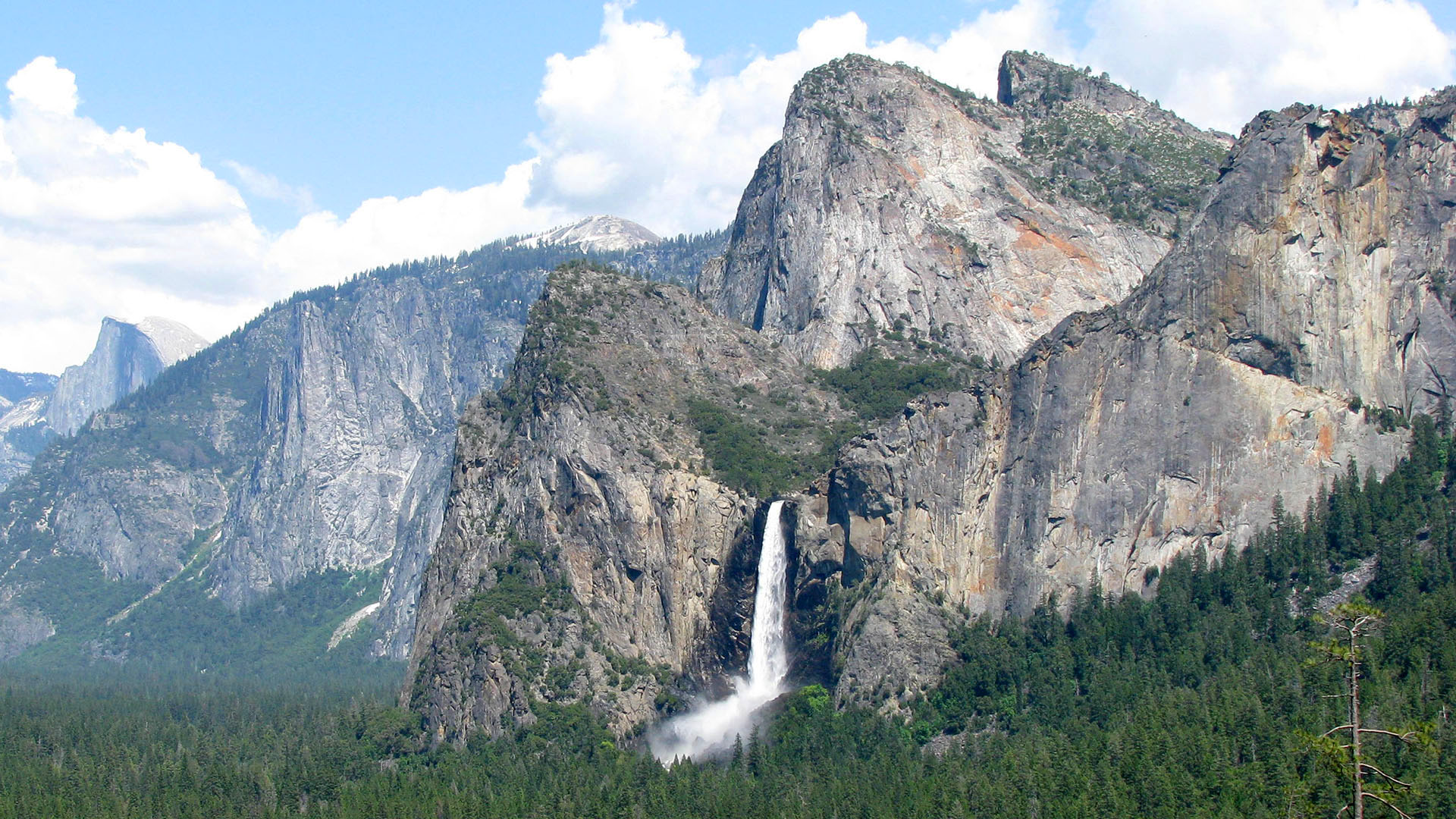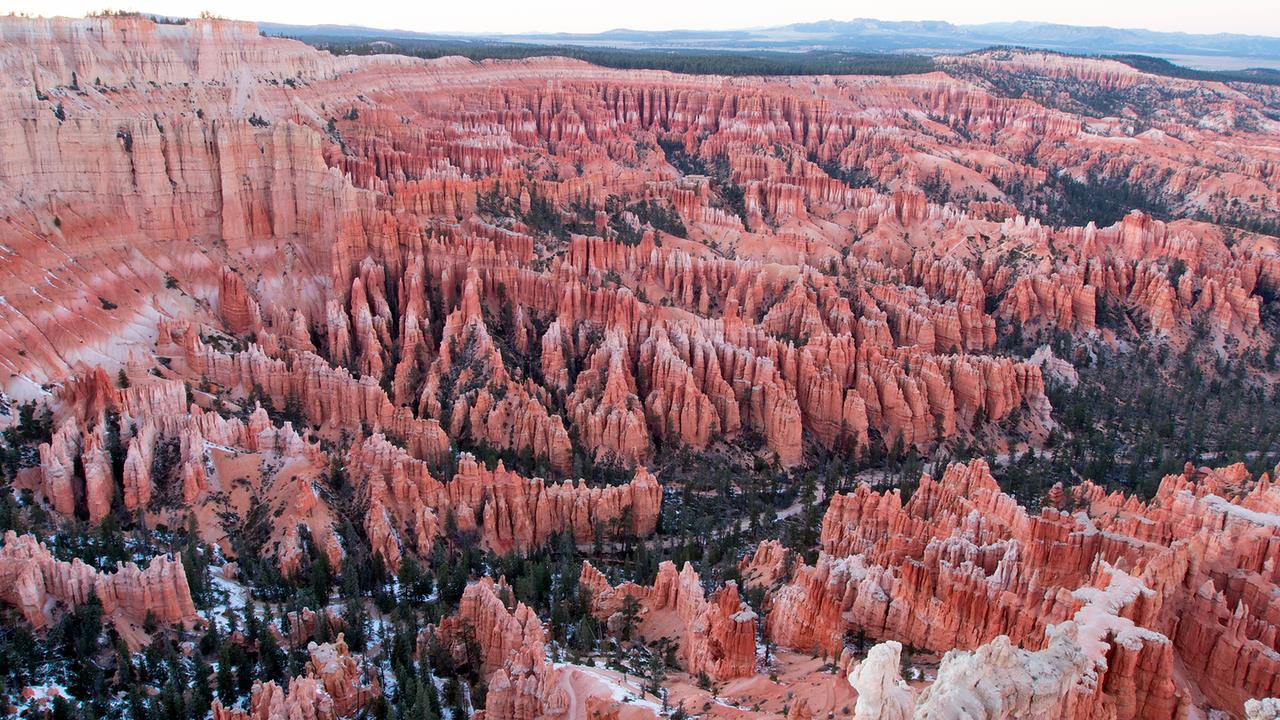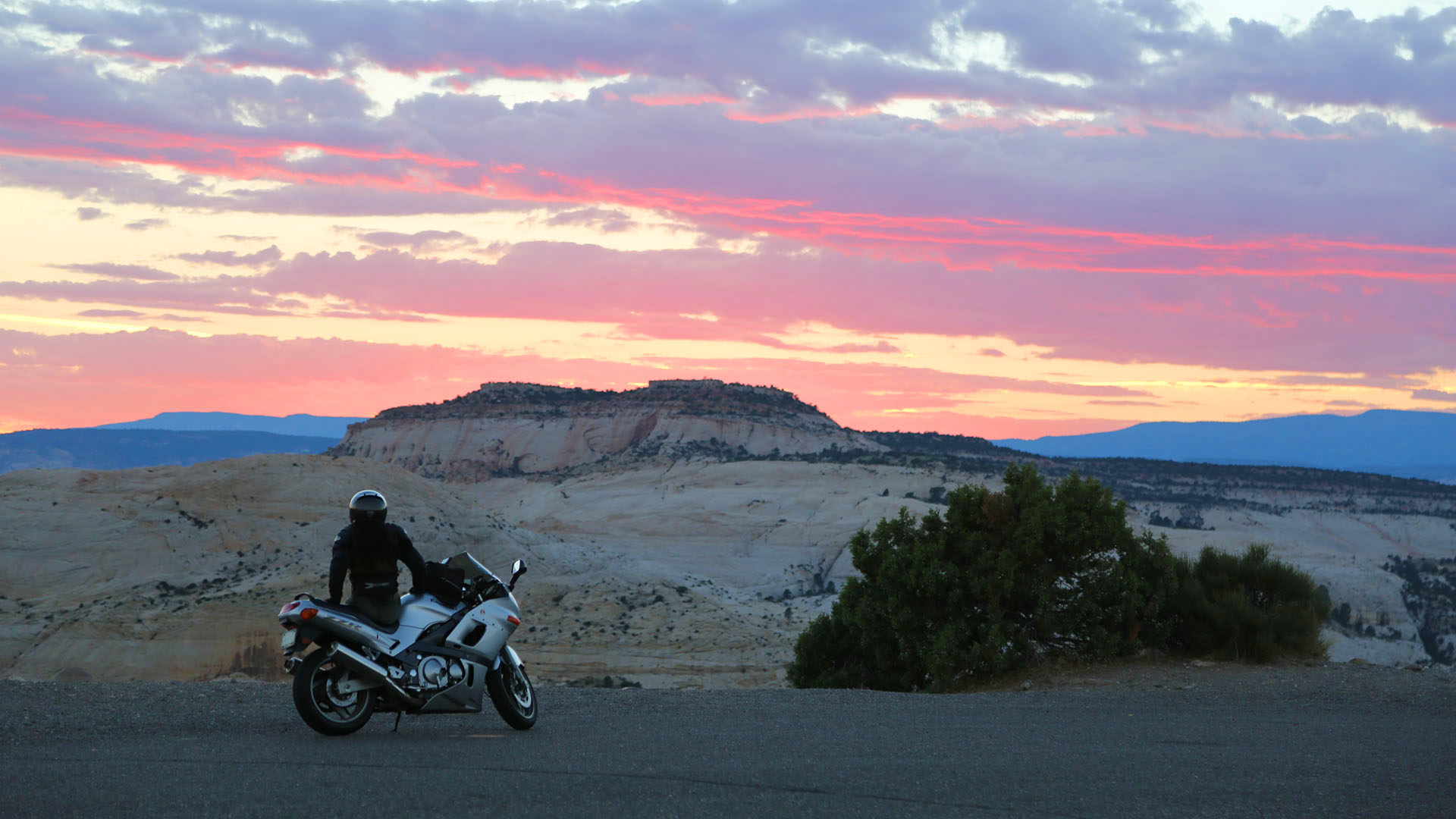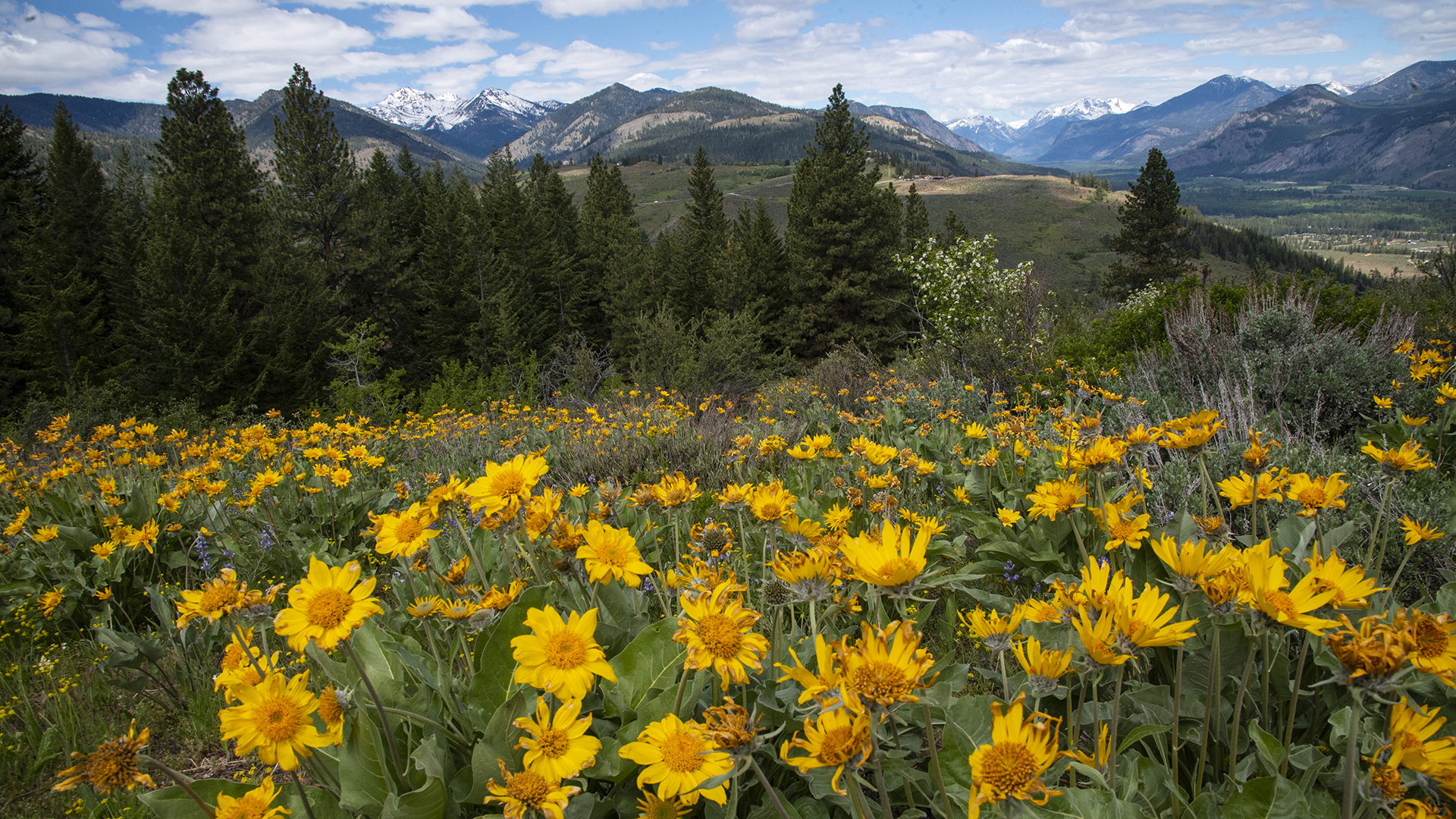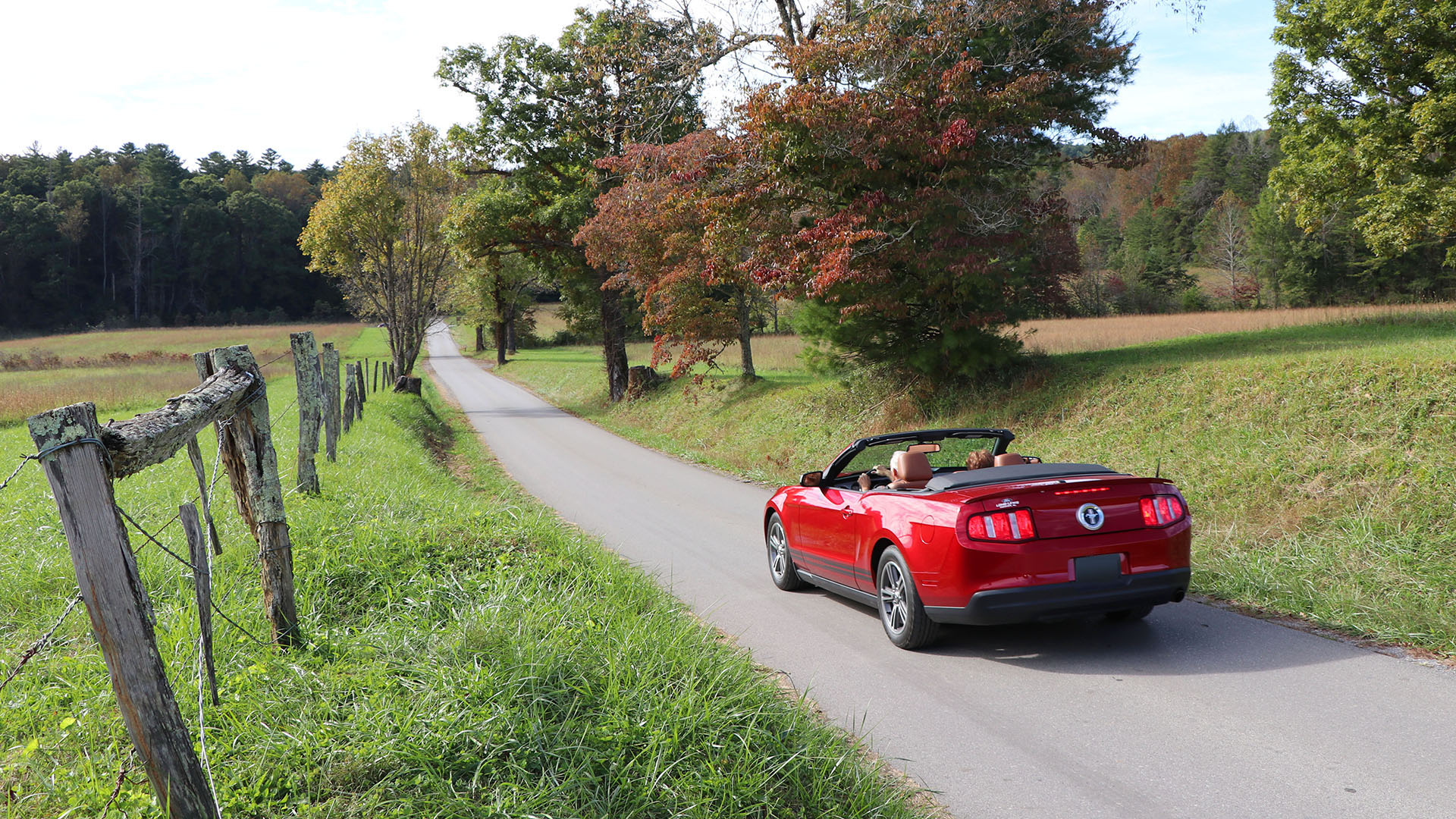Driving Through The Smoky Mountains: Planning Your Road Trip

A hint of autumn adds to the ridegetop views of Great Smoky Mountains National Park.
Story and photos by Tom Uhlenbrock
Tom is an award-winning travel writer and journalist based in St. Louis.
A national park and nearby parkway offer stunning views of the ancient Appalachians.
The bucket list just got shorter.
During my career as a newspaper travel writer, I visited many of America’s national parks, from Big Bend National Park on the Mexican border to tiny Isle Royale on an island in Lake Superior where Michigan meets Canada.
But somehow I had missed the people’s favorite. Great Smoky Mountains National Park in Tennessee and North Carolina draws some 11 million visitors a year, the most of any national park. By comparison, the Grand Canyon is second with an annual attendance of about 6 million.
And a visit to the area is actually a two-fer. The main route through the national park is Newfound Gap Road, which runs 33 miles north to south through the middle. Exit the park on the south and you come out at the entrance to the Blue Ridge Parkway, one of America’s most popular scenic drives.
The parkway runs through mountains and meadows, from Great Smoky Mountains National Park to Shenandoah National Park in Virginia. While the parkway is not a park, it is operated by the National Park Service and is its busiest unit with some 15 million annual visitors.
I had experienced neither the park nor the parkway and rectified that omission on a recent week-long visit. My wife joined the road trip as chief navigator to keep me on the straight and narrow, although straight roads were a rarity.
The reason for the area’s popularity was obvious. Both the park and parkway offer leisurely drives on winding, two-lane, ridge-top roads that show off the splendor of the Smoky and Blue Ridge mountains, which are ranges within the ancient Appalachians, the oldest mountains in North America.
Both drives include frequent turnouts at overlooks where visitors can take in the landscape of forest reaching to the horizon of hazy mountain ridges, which the Cherokee described as shaconage, meaning “blue, like smoke.”
On its southern end near Great Smoky Mountains National Park, the Blue Ridge Parkway runs through a Cherokee reservation. Visitors are invited to stop and take the short walk to 180-foot-tall Mingo Falls, one of the tallest and most spectacular in the southern Appalachians.
Many families visit the park in the summer, when they can enjoy the attractions in the towns of Sevierville, Pigeon Forge and Gatlinburg near the north entrance. The popular Dollywood amusement park is in Pigeon Forge and celebrates the career of the reigning queen of country music.
But for jaw-dropping colors, fall is the best time to see the half-million acres of diverse forest transformed into a patchwork quilt of red, yellow and gold, interspersed with the green stands of fir and spruce.
The leaf-peeping season begins mid-September and lasts through mid-November. We arrived the third week of October, and the trees were just beginning to turn. A ranger said the peak would be about Nov. 7, as the color transformation seems to be coming later in recent years.

An 11-mile driving loop takes visitors through Cades Cove.

The rental cabins around Gatlinburg feature outstanding views of Great Smoky Mountains National Park.
Cabin with a View
The only lodging within the park is LeConte Lodge, on top of Mount Le Conte. The lodge is reached by a 5-mile, one-way hike, and reservations often must be made a year in advance.
Sevierville, Pigeon Forge and Gatlinburg feature a variety of lodging, and there are nearby resorts that offer cabins along roads that wind up the foothills with panoramic views of the park.
We rented a cabin equipped with a pool table, hot tub and double-decked back porches, from which we could view morning sunrises with a palette of pastels and fiery skies in the evenings. I had a front-row seat from the hot tub.
While the Great Smoky Mountains National Park is ideal for road trippers, there are numerous opportunities to get out and experience the sparkling streams, abundance of waterfalls within easy hiking distance and marked “quiet walkways” into the solitude of the old-growth forests.

Autumn leaves

The Cable Mill Historic District in Cades Cove has a house built of lumber sawed at the mill.
A Cove and a Dome
The most popular destination in the park is Cades Cove, which has an 11-mile, looping, one-way drive through a mountain valley with stops at the log homes, mills, churches and graveyards of the pioneer families that lived there in the early 1800s.
Clingmans Dome also is a must-see for first-time visitors to the park. A “dome” is a rounded mountain or ridge top and this particular dome is 6,643 feet tall, the highest point in the park and the third highest summit east of the Mississippi River.
A concrete observation tower at the summit provides a 360-degree view of the park and the surrounding five states. A paved half-mile walk leads from the parking lot to the tower. The hike is short, but steep, and will leave most flatlanders gasping.

Observation tower at Clingmans Dome

Cades Cove is a highlight of any visit to Great Smoky Mountains National Park.
Fireflies in Harmony
The national park has 10 campgrounds and four visitor centers. The Oconaluftee Visitor Center, on the south edge of the park, features the Mountain Farm Museum, which is a collection of historic log buildings.
After leaving the visitor center, a short drive brought us to the entrance to the Blue Ridge Parkway. The parkway runs for 469 miles, but we had a more modest destination of Asheville, North Carolina, just 85 miles to the east.
Asheville is the arts-and-crafts center of the Southeast, with galleries showcasing the best of the region’s pottery, jewelry, textile art and hand-crafted wood furniture. After four days of driving, my navigator was ready for a little shopping time.
As we left Great Smoky Mountains National Park, we discussed a reason for another visit. The park is home to one of the rarest insect species in the world — fireflies that flash in unison. In late May and early June, the park hosts a lottery for shuttle bus passes to visit the valley where the natural phenomenon occurs.
Synchronous fireflies - a new addition to my bucket list.

A fiery sunset lights up the evening sky.
Related
Read more about national parks.
- Grand Canyon Hike
- National Park Tradition Renews Family Ties
- Road Trip to Five National Parks Near Los Angeles
- Rocky Mountain National Park Snowshoeing
- Great Smoky Mountains Waterfalls
- Grand Teton National Park
- Yellowstone National Park in Winter
- Weekend Getaway in Joshua Tree National Park
- Road Trip Through Northern California
- Road Trip to Saguaro National Park
- Road Trip from Olympic National Park to San Francisco
- Colorado’s Great Sand Dunes National Park
- The Loneliest Road in America
- Road Trip to Death Valley National Park
- New River Gorge National Park
- Majestic Mountain Loop
- Road Trip from Denver to Glacier National Park
- Driving Through The Smoky Mountains: Planning Your Road Trip
- Mount Rainier National Park
- Road Trip to Acadia National Park
- Day Trip to Dry Tortugas National Park
- Black Canyon of the Gunnison National Park
- Washington’s North Cascades National Park
- Road Trips to National Parks in Winter
- Road Trip to White Sands National Park
- Petrified Forest National Park
- Road Trip Through Central Oregon
- Road Trip to Zion National Park for Artistic Inspiration
- Cold Weather Photography Tips
- Things to Do in Hot Springs, AR on Your Next Getaway
- Road Trip to Dark Sky Parks in Utah
- Weekend Getaway to Yosemite National Park
- Plan a Road Trip to a National Park Near You
- Isle Royale National Park
- Mountain Road Trips
- Weekend Getaway to Bryce Canyon National Park
- Visiting Glacier National Park in Winter
- Road Trip on Utah's Scenic Byway 12
- Road Trip to Big Bend National Park, Texas
- Visiting Washington's Olympic National Park in the Offseason
- Cascades Loop Road Trip
- Fall Foliage Road Trip in Road Trip From San Francisco to Yosemite
- Majestic Mountain Loop Family Fun
- Road Trip to Indiana Dunes National Park
- Cades Cove Scenic Drive is a Trip Back in Time



